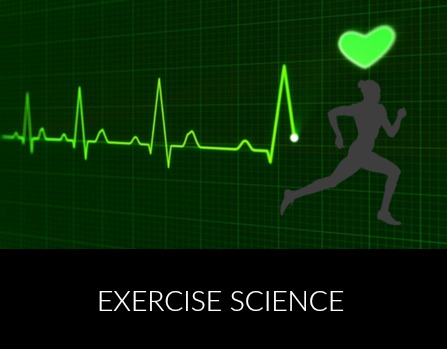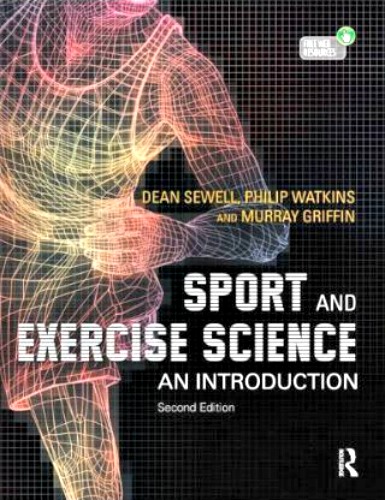Exercise Science
What is Exercise Science?
The American College of Sports Medicine defines Exercise Science as 'an umbrella term used to describe the study of numerous aspects of physical activity, exercise, sport, and athletic performance that have the common characteristic of movement and the adaptations that occur as a result of physical activity and regular exercise.' As such, exercise science incorporates a number of applied areas of interest, including:
|
|
Excellent Career Opportunities
Exercise Science Career Resources
Graduate Training and Career Possibilities in Exercise and Sport Psychology
Pursuing a Career in Sport and Performance Psychology
Professional Resources for Sport and Exercise Psychology
Why Some People Find Exercise Harder Than Others
Informative talk by psychologist Dr. Emily Balcetis who shows that when it comes to fitness, some people quite literally see the world differently from others — and offers a surprisingly simple solution to overcome these differences.
Recommended Reading
Sport and Exercise Science: An Introduction provides a broad-based foundation in the major areas that underpin the scientific study of sport and exercise science, thus helping undergraduate students to develop a sound understanding of human anatomy, physiology, nutrition, metabolism, biomechanics and psychology related to sport, exercise and health.
It includes a range of useful features in every chapter, including clear explanations of key concepts, colour diagrams and photographs, activities and summaries to reinforce understanding, and on-line support materials for lecturers such as question and image banks. This is the essential companion text for any student studying sport and exercise science at degree level.
See following link for full details.
Sport and Exercise Science: An Introduction
Recent Articles
-
Psychology Articles by David Webb
Feb 10, 26 06:31 AM
Discover psychology articles by David Webb, featuring science-based insights into why we think, feel, and behave the way we do. -
Music and Memory: How Songs Shape Identity, Emotion, and Life Stories
Feb 10, 26 06:25 AM
How music and memory intertwine to preserve identity, evoke emotion, and anchor life stories. A psychological look at playlists, nostalgia, and the brain. -
Dr. Jody Carrington Interview | Trauma, Connection, and Mental Health
Feb 04, 26 08:18 AM
Interview with Dr. Jody Carrington on trauma integration, loneliness, burnout, and what it really means to feel seen.
Please help support this website by visiting the All About Psychology Amazon Store to check out an awesome collection of psychology books, gifts and T-shirts.
Go Back To The Types of Psychology Page
Go From Exercise Science Back To The Home Page







